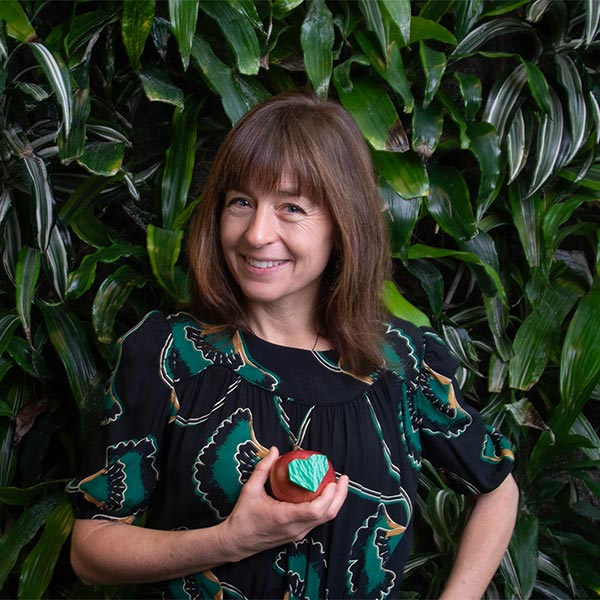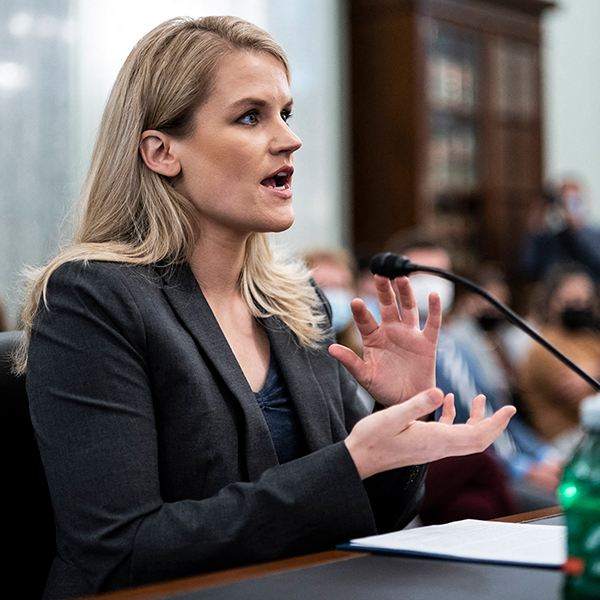Jonathan Wilkinson landed a topical and tricky portfolio when he became Canada’s minister of environment and climate change in November.
But Wilkinson, MA’92, assures us he’s exactly where he wants to be.
“The challenges are daunting,” he acknowledges, “but I would tell you that this is what I got into politics for, so it’s pretty hard not to be excited by the challenge.”
Wilkinson made the leap into politics in 2015 mainly, he says, because he wasn’t particularly enthused about how the previous government had addressed environmental issues – especially climate change.
He doesn’t face as steep a learning curve as others might in the politically charged portfolio. As a newly elected Member of Parliament in 2015, he spent two and a half years as parliamentary secretary to former environment minister, and fellow McGill graduate, Catherine McKenna, BCL, LLB’99.
Has she given him any advice about taking on the job?
“Catherine has given me lots of advice,” Wilkinson laughs good-naturedly. “She is probably my best personal friend around the cabinet table. And so, she certainly gives me advice and I’m always interested to hear what she has to say.”
Wilkinson also comes to the job with a business background – including many years in the ‘clean tech’ sector – and Western Canada roots. He believes both things will help him in his current role.
Wilkinson, who grew up in Saskatchewan and represents the riding of North Vancouver, points out that he has lived in Ontario, Quebec, Saskatchewan and British Columbia and has family in Alberta. “I do think that the broad experience…particularly growing up on the Prairies, helps a little bit in understanding some of the concerns that people there have about this transition [to a lower carbon greener economy] and rightly so.”
He can also draw on his experience as a federal-provincial relations specialist in Saskatchewan’s civil service.
“I think that is also important in terms of trying to figure out how sometimes you need to work through issues where you don’t always fully agree, but come to some understanding that can advance the interests of all parties. That is certainly the nature of Canada.”
Ottawa’s carbon tax has sparked legal challenges from some provinces, including Alberta whose premier, Jason Kenney, called it the “job-killing carbon tax”.
The price on pollution is one tool among 50 different initiatives contained in the federal government’s Pan-Canadian Framework on Clean Growth and Climate Change, says Wilkinson. But if you ask 100 economists, he adds, “99-1/2 of them are going to tell you that it is the most efficient way to reduce emissions that exists.”
Wilkinson says he’s optimistic common ground can be found on the broader climate file.
“I don’t expect that Premier Kenney or [Saskatchewan] Premier Moe necessarily will change their view about the price on pollution. But I do think there are opportunities for us to work together to address the issue of climate change. I think that people in Alberta and Saskatchewan, just as in Quebec and B.C., care about the climate issue.”
Wilkinson got his first taste of politics in his youth. He ran the youth wing of the Saskatchewan NDP. “I was always interested in public policy,” he says. “I’m not sure that I knew that I was going to get involved in politics directly.”
A Rhodes Scholar, he came to McGill after his studies at Oxford to do a master’s in international relations. “I had a great time at McGill,” says Wilkinson who found it a stimulating environment.
He spent about a month in Chicoutimi after McGill to work on his French and has taken lessons over the past four years, says Wilkinson who can hold his own speaking French.
“I’m not sure I would describe myself as a core environmentalist from the beginning,” he says. But he gained an appreciation early in life for the natural environment from spending summers in Saskatchewan’s boreal forest where his father owned a fishing and canoeing outfitting business.
Much of his work in clean tech related to technology focused on reducing greenhouse gas emissions.
“I think Canada actually has quite a robust clean tech community,” says Wilkinson who has publicly noted the huge economic opportunities open to countries that are first movers in this area.
“We have some really interesting companies that are developing and deploying technologies around the world that are quite interesting and quite unique. Some of them are in the water space. Some of them are in areas like carbon capture.”
One of Ottawa’s commitments is net-zero emissions by 2050.
Most of the business people he talks to, including many of the leaders of the oil and gas sector, are committing publicly to that goal and saying they want to be part of that conversation, Wilkinson says. “I think that we are seeing on the part of the business community generally a recognition of the need to act. But they want to be part of that conversation about how we get there and I think that’s entirely legitimate.”


